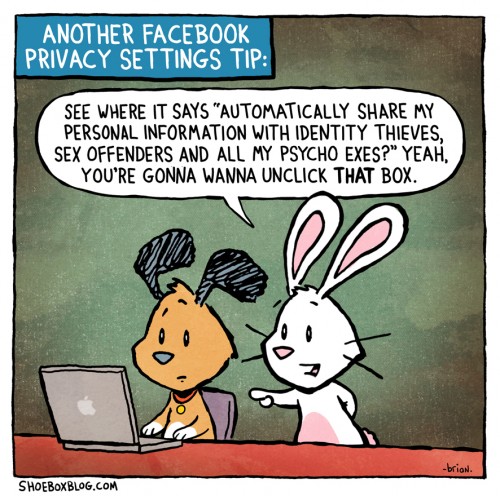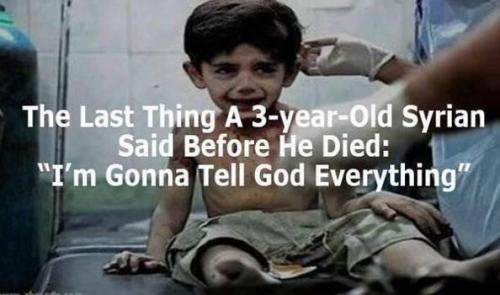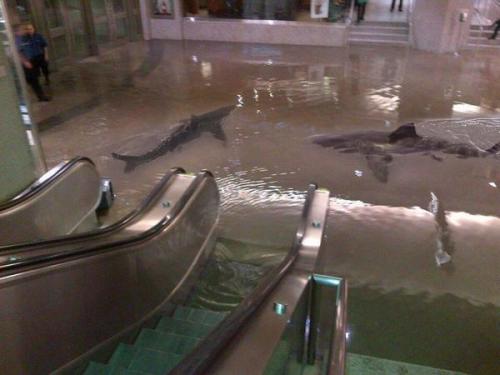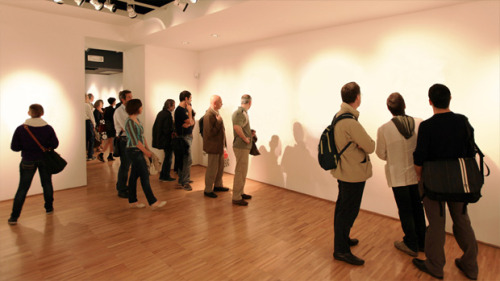With mobile devices and technology ubiquitous in our lives, is it possible that we are not in control of the balance in our lives?
Mindfulness is something we can practice. It helps us have control over what we give our attention to.

The Internet is always showing us what it thinks we want to see.
Watch at least until 4.41 minutes.
Duck Duck Go is an anonymous, encrypted search engine.

Read about why DuckDuckGo is better for privacy than other search engines.
The following sites are dedicated to tracking internet hoaxes and checking validity of information.
Snopes (Rumour has it)
Vmyths (Rhode Island Soft Systems produces this site designed to counter myths and hoaxes about computer viruses.
The National Fraud Center is a consumer centre for fraud, including internet fraud.
Emergent.info Emergent is a real-time rumor tracker. It's part of a research project with the Tow Center for Digital Journalism at Columbia University that focuses on how unverified information and rumor are reported in the media
Lazy Truth Gmail/Chrome extension that automatically analyzes the validity of claims made in emails.
Hoax Slayer Site that allows users to check whether emails are hoaxes or not.
This blog records the investigatory work of Garson O’Toole who diligently seeks the truth about quotations. Who really said what? This question often cannot be answered with complete finality, but approximate solutions can be iteratively improved over time.”
Are these real or fake? Can you tell a hoax?



“15-ton prehistoric shark captured off coast of Pakistan.”

“New York artist creates ‘art’ that is invisible and collectors are paying millions.”

The following information is taken from the article by Paul S. Piper, Librarian, Western Washington University, Better read that again: web hoaxes and misinformation.
Categories often overlap.
Parody and spoof sites are counterfeit sites that use humour to poke fun at an original site, product, or organisation. Parody sites are often political, and typically employ humour to get their message across. They often feature a spinoff of the legitimate name and often capitalise on URLs that seem legitimate. While their intention may be political, these sites are typically not malicious and their 'misinformation' is fairly obvious.
Malicious sites are sponsored by hate groups. These groups are well within their free-speech rights to host information on the net, disseminate information designed to be hurtful and discriminatory. Many of these sites are notorious for providing misinformation couched in quasi-academic discourse and subtle or dishonest misdirection about their intentions.
Counterfeit websites disguise themselves as legitimate sites for the purpose of disseminating misinformation. They are not always attempts at humour or spoof.
Fictitious websites are not primarily humorous in intent and not true parodies.
Questionable sites often mix credible information into a mix of probable and fantasy.
Product sites. While dot.com sites can offer reliable information, they typically compromise themselves by filtering out any information that could damage product sales. The sneakier commercial sites don't bother to mention the fact that they are selling anything, and an unsuspecting researcher can enter a site like this, extract information, and run with it, often without realising they are being given only a select set of data and facts. While the examples below are medical, all dot.com sites typically put their best face forward in an effort to sell you something.
Subject specific misinformation. There are serious consequences in this area of unreputable websites. In particular, the consequences for the areas of health and business can be serious. Erroneous health information can have disastrous consequences. Bad business information can result in financial ruin. Health information can be checked at reliable public health sites such as the Centers for Disease Control and Prevention (CDC), Quackwatch, amongst others.
Which of these websites are reputable and which are not? Of those which are not, specify which are counterfeit, parodies, fictitious, questionable, malicious or product sites?
In the digital age, what are the most important skills we need to develop?

Google your friends. What would people find out about you if they googled you? Do you have anything to be worried about? What good things would a prospective employer find about you? Are you invisible?
What do others see about us on Facebook?
Go to your Facebook profile.
At the top right you will see dots on the right of 'activity log'.
Click 'view as'.
This is what your timeline looks like to the public (ie. non-friends)
You can change the setting to a specific person.
Check out the Facebook Help centre.

Alec Couros is Professor of educational technology & media at the Faculty of Education, University of Regina. Someone stole his online identity and created an internet relationship scam. Read about it here.
This has been going on for years. Alec posted this photo on Facebook (27/8/15) : "I just had a potential #catfishing victim send me a photo sent to them by scammers used to try to convince her that I had been in a recent accident and that I need money. See below. C'mon now ... this can't be a very convincing photoshop!"

The same thing happened to Alan Levine. Read about it here.
Online dating made this woman a pawn in a global crime plot.

Meet Nick Patsianas:
My name is Nick Patsianas. I’m 17 years old and live in on the Central Coast in Australia.
I enjoy finding solutions to technology problems. I’m regularly tasked with small and large projects that involve solving lots of little problems while working toward a solution. While working toward a solution, sometimes I have to work with something I’ve never even heard of. That can be fun or painful, depending on if I’m willing to dive right in or sit back a little. I like to learn by exploring and problem solving as I go.
I like to play games, particularly Battlefield and Minecraft. I’ve made and met many friends by playing these games. I find games are much more fun when played with friends so I usually only play games when my friends are online. This is both good and bad. It’s good because I have time to work on other things while I wait for my friends to log on. It’s bad because sometimes I’ll want to play and no one will be around so I have to run solo.
In early 2012 I made a video about iPads and Smartboards interacting in a new way. I made some more videos and shared them at TeachMeet Sydney where I became the first student to speak at a TeachMeet in Australia. Later in the year I wrote the technical side of an unblock request for Minecraft. As a result it was partially unblocked state wide. I shared Minecraft information at the PLANE Festival in 2012. At the end of 2012 we held the very first Minecraft Jam. After a few more successful Minecraft Jams in 2013 we formed the Oz Minecraft Educators group. We hold regular Monday sessions which involve discussion and playing.
Read his blog. Nick is part of an active network on Twitter. See his Twitter conversations. Nick is part of Oz Minecraft Educators.
If you were looking to employ Nick, would you know enough about him to be sure that he was worth employing?
Watch from 1.30 -
The DIREKT Project Online Information Literacy (IL) Module Platform